Comprehensive Heart Checkup: Your Guide to a Healthy Heart
Excerpt
Comprehensive heart checkups are essential for maintaining heart health and are the cornerstone of preventive care. As heart diseases are a leading cause of mortality globally, early detection through regular checkups is critical for preventing severe complications. A heart checkup includes a series of tests like 2D Echocardiography, blood tests, and ECGs, providing a detailed assessment of the heart’s health. These checkups are vital for early intervention in heart-related issues, embodying the principle that “time is heart” and emphasizing that proactive action is golden in preserving heart health. Regular heart checkups are not just a health measure, but a crucial responsibility towards oneself.
Introduction
A comprehensive heart checkup is crucial for maintaining your heart’s health. Your heart is a vital organ that requires regular attention and care. Heart diseases are a leading cause of mortality worldwide, and early detection is key to preventing serious complications. In this article, we will delve into the importance of heart checkups, what they entail, and the factors for heart disease that you should be aware of.

A comprehensive heart checkup is undeniably paramount when it comes to safeguarding the well-being of your heart, an organ that stands as the very cornerstone of your vitality. This vital organ necessitates unwavering attention and meticulous care.
The Significance of Heart Checkups
Regular heart checkups play a pivotal role in safeguarding your cardiovascular health, serving as a beacon of vigilance that guides you through the labyrinth of well-being. These checkups are your steadfast companions on the journey of life, providing a reliable map to navigate potential hazards that might otherwise remain concealed. In essence, they are the sentinels stationed at the gates of your heart, diligently scrutinizing its every facet.
A heart checkup, also known as a cardiac checkup, involves a series of tests and examinations. These tests aim to assess the overall health of your heart and identify any abnormalities.

A comprehensive heart checkup covers various aspects of your heart’s function and structure. It includes assessments of blood pressure, cholesterol levels, and heart rhythm.
Understanding Heart Checkups
A heart checkup, often referred to as a cardiac checkup, is a meticulously orchestrated sequence of tests and examinations meticulously designed to decode the intricate story of your heart’s well-being. These diagnostic maneuvers form the frontline of defense in assessing the vitality of your cardiovascular system.
Within the realm of a comprehensive heart checkup, a multifaceted panorama of your heart’s function and structure unfurls, akin to a masterful painting coming to life. This holistic evaluation leaves no stone unturned, as it meticulously delves into vital parameters like blood pressure, cholesterol levels, and heart rhythm.
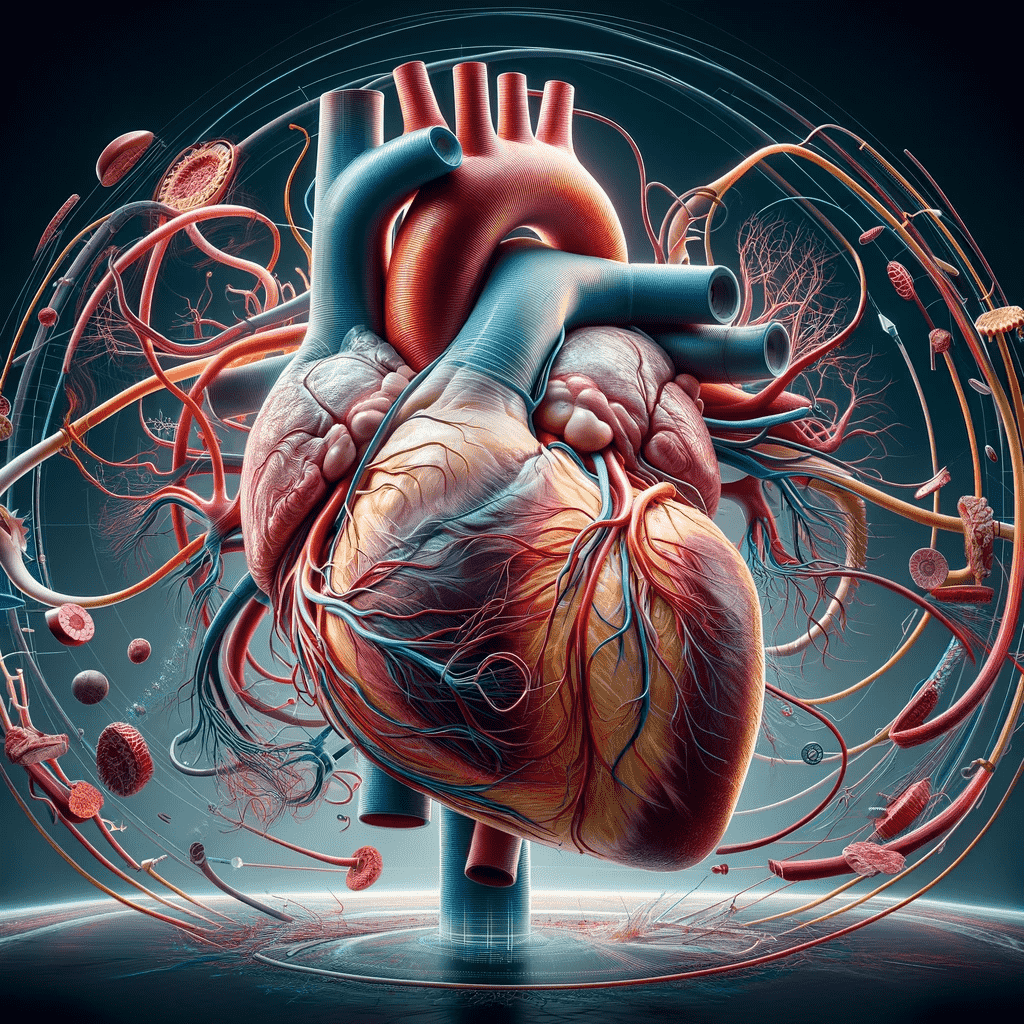
The amalgamation of these assessments serves as a comprehensive health report card for your heart, offering a window into its inner workings and paving the way for timely interventions and proactive measures to ensure your heart’s continued well-being.
Components of a Heart Checkup
In the intricate mosaic of a heart checkup, several indispensable components work in harmony to paint a comprehensive picture of your cardiovascular health, leaving no room for ambiguity.
2D Echocardiography (2D Echo): A cornerstone of the heart checkup, the 2D echo, short for echocardiography, stands as a technological marvel. It employs high-frequency sound waves to generate detailed images of your heart’s inner chambers. These vivid visuals lay bare the very architecture of your heart, delineating its size, shape, and structural integrity. Furthermore, the 2D echo acts as a discerning detective, scrutinizing the function of your heart muscles with precision. It reveals the heart’s ability to contract and relax, providing insights that are vital in identifying conditions like cardiomyopathies, valve disorders, or congenital heart abnormalities.
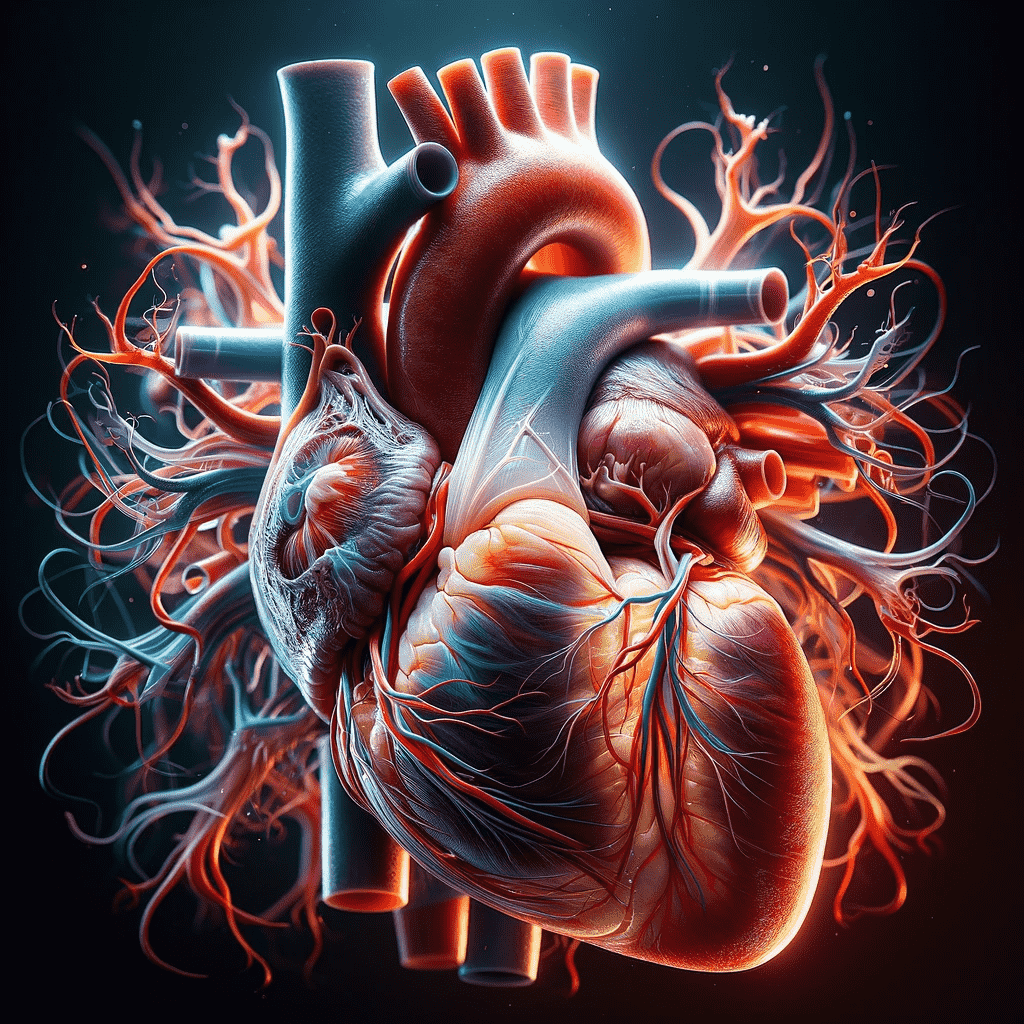
Blood Tests: The heart’s secrets are often encrypted within your bloodstream. Blood tests form an integral part of the heart checkup, wielding the power to uncover vital information about your heart’s health. These tests extend their purview to assess parameters like blood sugar levels and lipid profiles. Elevated blood sugar, particularly fasting blood sugar, can be indicative of underlying diabetes, a significant risk factor for heart disease. Lipid profiles divulge the levels of cholesterol and triglycerides coursing through your veins, aiding in the assessment of your heart’s vulnerability to atherosclerosis and related issues.
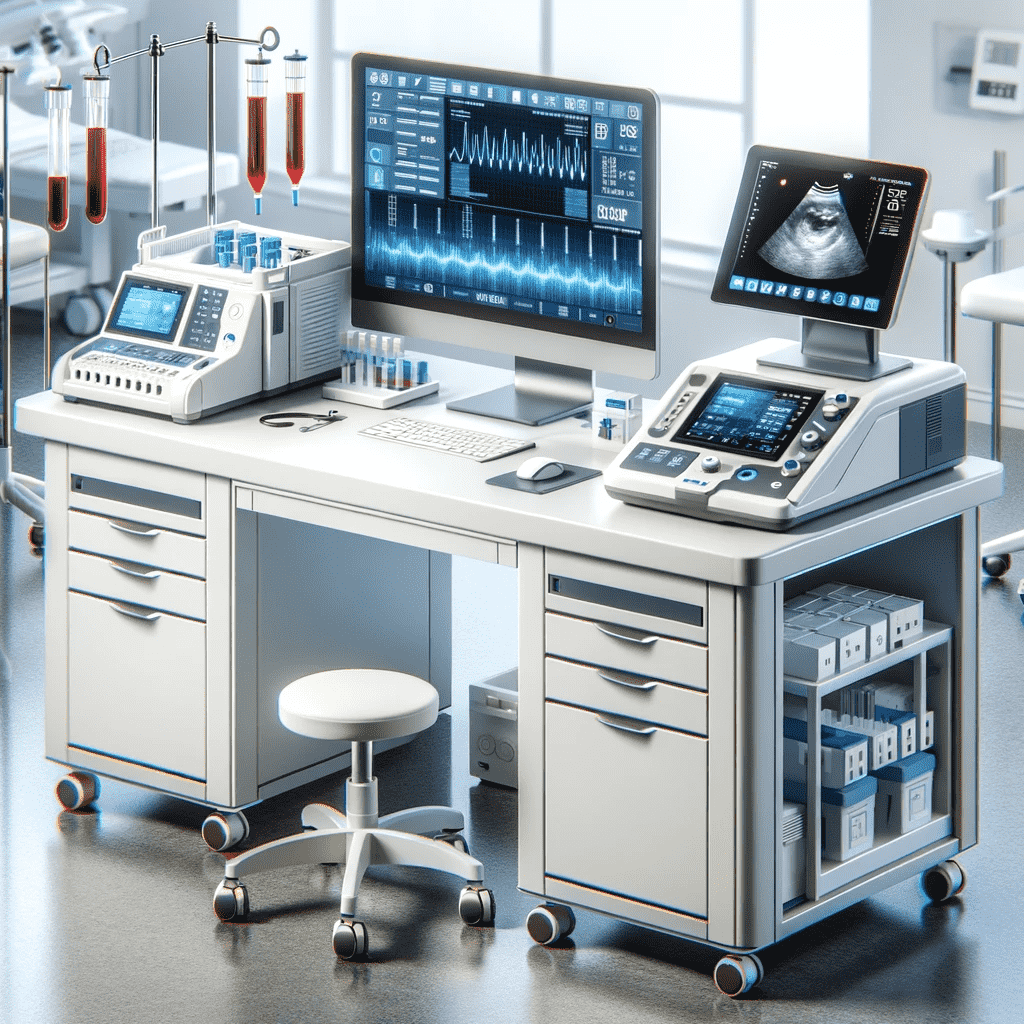
Electrocardiograms (ECGs): The heart’s rhythmic symphony is meticulously transcribed through the artistry of an electrocardiogram. ECGs record your heart’s electrical activity, offering a moment-to-moment account of its contractions. Irregularities in this electrical signature, such as arrhythmias or conduction disturbances, can be flagged for further investigation. ECGs serve as a critical tool in diagnosing various heart conditions, from atrial fibrillation to myocardial infarctions.
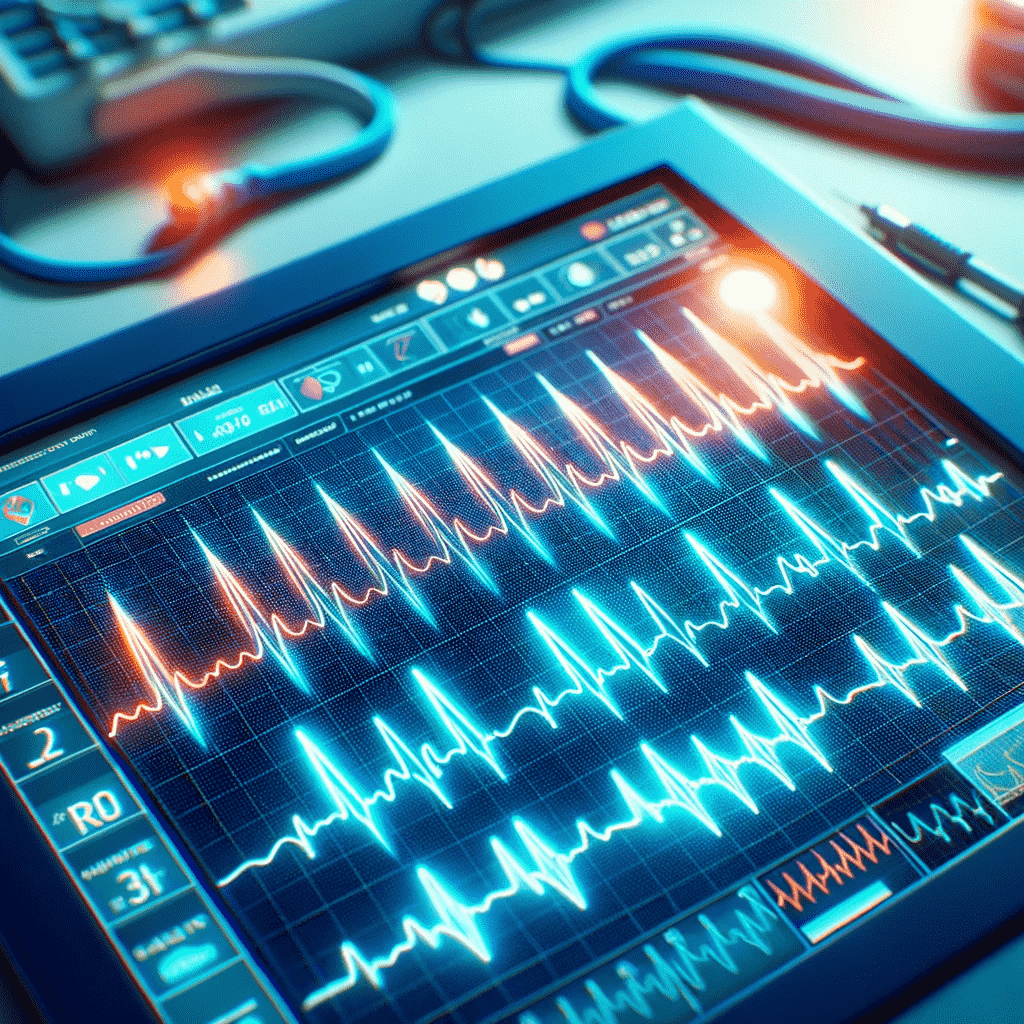
Cardiac Stress Tests: Your heart’s resilience and performance during physical exertion undergo a stress test, a dynamic examination that uncovers hidden abnormalities. By subjecting your heart to increased stress levels through exercise or medication, this test simulates real-world scenarios, potentially unveiling conditions that remain dormant at rest. Abnormal heart rhythms, ischemia (inadequate blood flow to the heart), or exercise-induced symptoms can all surface during this evaluation, providing a comprehensive view of your heart’s response to exertion.

Holter Monitoring:
A non-invasive medical test that involves wearing a portable device known as a Holter monitor. This device continuously records the electrical activity of the heart over a 24 to 48-hour period. It is a valuable tool for diagnosing irregular heart rhythms and detecting cardiac abnormalities that may not be evident during a standard ECG.

Speckle Tracking Echocardiography (STE):
Speckle Tracking Echocardiography (STE) is an advanced medical imaging technique used in cardiology to assess the deformation and movement of heart tissues. It relies on tracking unique speckle patterns in ultrasound images to measure myocardial strain, providing detailed insights into the heart’s contractility and function (Read more…)
STE is particularly useful in diagnosing and monitoring conditions like myocardial infarction, heart failure, and cardiomyopathies, enabling healthcare professionals to tailor treatment plans for improved patient outcomes. (Read more…)
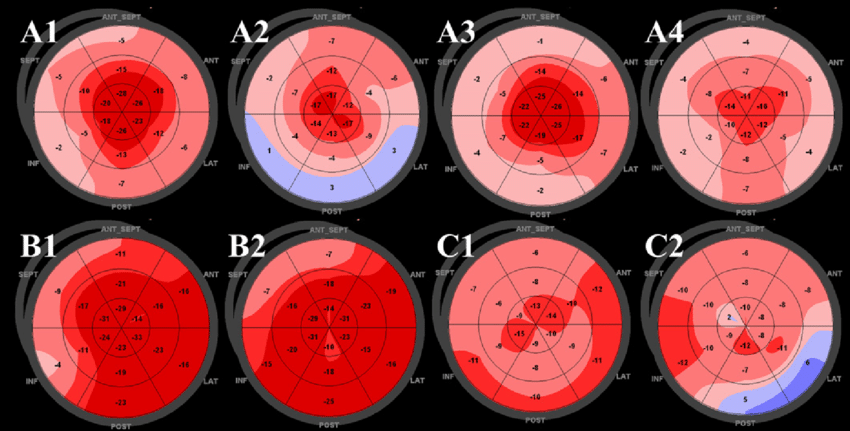
Factors for Heart Disease
The genesis of heart disease is a multifaceted interplay of various factors, where both intrinsic and extrinsic elements conspire to determine an individual’s susceptibility to this pervasive health concern.
- Genetics: One of the primary factors for heart disease is genetic predisposition. The intricate dance of DNA can influence the propensity of certain individuals to inherit heart conditions from their family tree.

- Lifestyle Choices: Lifestyle factors are potent determinants in the heart disease equation. Smoking, a well-known adversary to heart health, introduces a cocktail of toxins into the bloodstream, promoting the buildup of arterial plaque and escalating the risk of heart attacks.

Risk Factors for Heart Health
High blood pressure and elevated cholesterol levels are common risk factors for heart disease.
Obesity and excessive alcohol consumption can contribute to heart problems.
Diabetes, especially if poorly controlled, is another risk factor.

Benefits of Early Detection
Detecting heart issues early through a heart checkup can be life-saving.
Early intervention can prevent heart attacks, strokes, and other complications.
Timely treatment can improve your overall quality of life.
Comprehensive Heart Health Checkup Packages
Heart checkup often include consultations with cardiologists to discuss the results and any necessary interventions.
Choosing the right heart checkup package is essential for your peace of mind.

Your Heart, Your Responsibility
Your heart is a precious organ that deserves your attention and care.
Regular heart checkup should be an integral part of your healthcare routine.
Taking steps to manage risk factors for heart disease is crucial.
Blood pressure management, a healthy diet, and regular exercise can go a long way in maintaining your heart’s health.
And therefore, “Time is Heart”
Act swiftly to preserve heart health; every moment counts. Your heart’s well-being is directly linked to your quality of life, and early detection of any issues can be a game-changer. Choose your right master health plan. Remember, your heart is your responsibility, and a comprehensive heart checkup is the first step towards ensuring its health. Don’t wait until it’s too late; prioritize your heart health today.
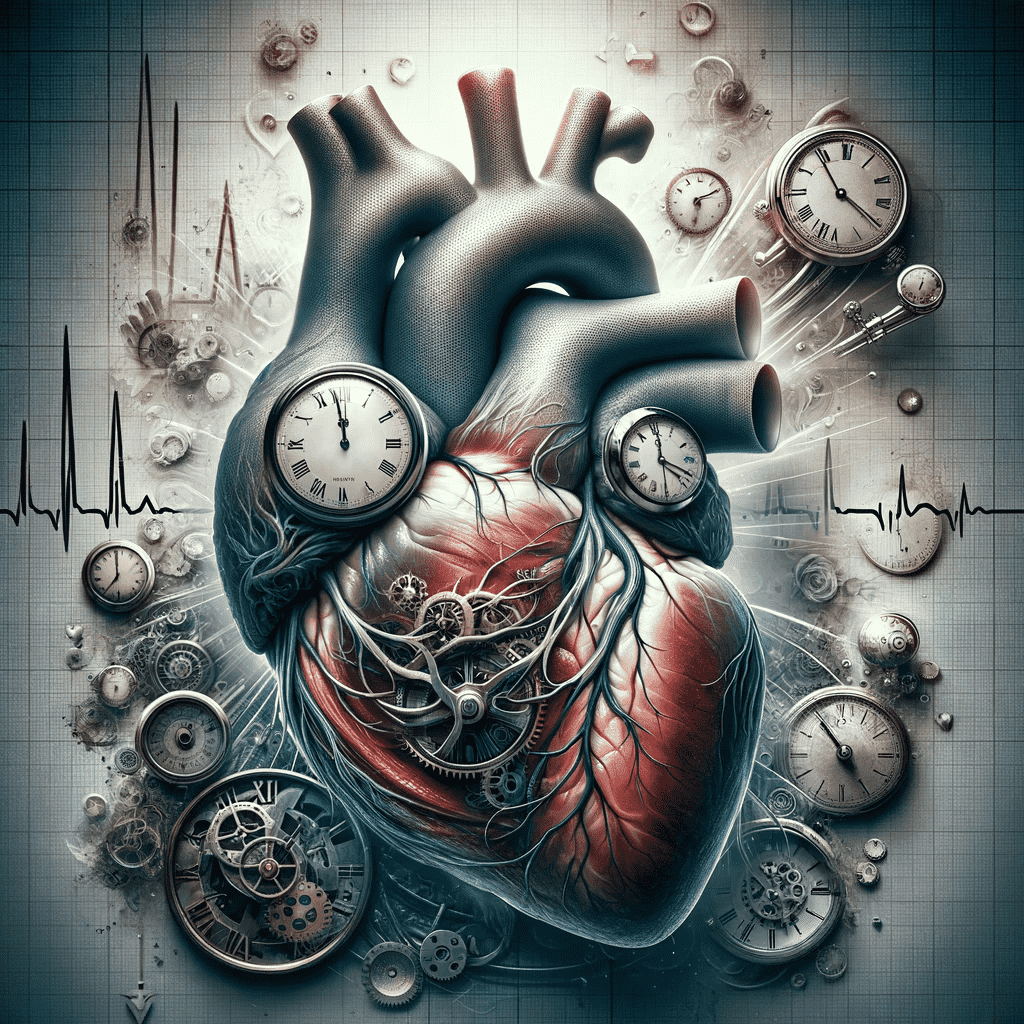
Conclusion
A heart checkup is a vital component of your overall healthcare regimen.
Understanding the factors for heart disease and managing risk factors are equally important.
It is highly important to comprehend the magnitude of prevalence of Heart Failure in the community and take pro-active measures.